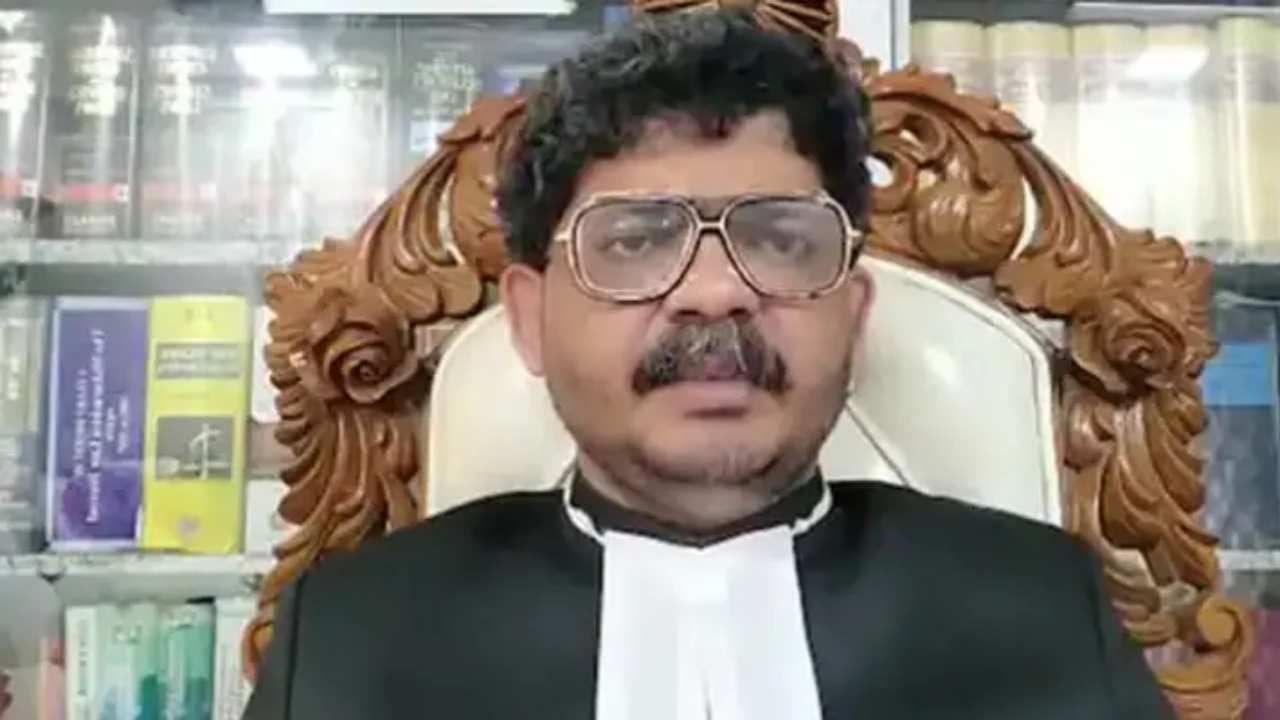Gunaratna Sadavarte, a leading advocate in the contentious Maratha reservation court case, has recently shared his personal experiences and the challenges he’s faced in light of heightened tensions surrounding the issue of reservations for the Maratha community in Maharashtra. His remarks come after multiple violent incidents linked to the ongoing debate about caste-based reservations. On October 7, 2024, Sadavarte offered insights into his legal battles and the subsequent repercussions stemming from his opposition to the reservation laws.
Full Details of Gunaratna Sadavarte’s Involvement
In 2020, Sadavarte, alongside his wife Jayashree Patil, filed a significant petition challenging the Maharashtra government’s decision to allocate 16% reservations for the Maratha community under the Socially and Educationally Backward Classes (SEBC) Act. This petition raised critical concerns that such reservations exceed the constitutional limit of 50% for total reservations in any state. Their legal challenge asserted that the Maratha community does not meet the criteria to be classified as socially and economically backward classes, thereby questioning the basis for the government’s decision.
Recent Violence and Threats
The atmosphere around the Maratha reservation issue turned even more volatile recently when Sadavarte’s vehicles were vandalized by activists supporting the reservation policy. This incident, occurring outside his residence in Parel, Mumbai, was allegedly perpetrated by individuals protesting his legal actions. Following the vandalism, police apprehended three suspects, underscoring the escalating tensions and divisions within the community.
In a subsequent interview, Sadavarte vowed to continue his fight for the rights of open-category students. “I will fight for the rights of open-category students till my last breath. I will not allow my country to be divided over caste,” he stated. His resolve has garnered both supporters and critics among the various factions in Maharashtra.
Legal Background
The legal dispute surrounding Maratha reservations intensified following the Maharashtra government’s passage of a bill granting these reservations in November 2018. While the Bombay High Court upheld this law, it curtailed its applicability, asserting that any reservation should not exceed 12% in employment and 13% in education. Sadavarte’s legal challenges have been crucial in scrutinizing the legitimacy of these reservations, aiming to uphold the principle of meritocracy.
In addition to encountering physical threats, Sadavarte has received multiple death threats since opposing the reservation policy. He has not shied away from openly criticizing pro-reservation leaders, including Manoj Jarange Patil, holding them accountable for instigating violence against him and others who oppose the quota system.
Community Reactions
The Maratha Kranti Morcha, a collective advocating for reservations for the Maratha community, has publicly supported those who vandalized Sadavarte’s property. They argue that Sadavarte has provoked their community with his remarks against their cause. Virendra Patil, a convenor of the group, expressed solidarity with Vaidyanath Patil, who reportedly attacked Sadavarte during a media engagement.
Despite these challenges, advocates like Sadavarte remain steadfast in their beliefs, arguing that merit should take precedence over caste-based divisions in educational and employment opportunities. This perspective resonates with many individuals concerned about the potential negative impacts of broadening reservation policies on merit-based assessments.
Broader Implications
The ongoing conflict regarding Maratha reservations poses profound questions about social justice and equity in India. As tensions rise between various communities over access to opportunities, advocates like Sadavarte find themselves at the center of a vital debate regarding the best approach to address historical injustices while still maintaining a meritocratic framework.
The unfolding events emphasize the complexities of balancing social equity with individual rights. The outcomes of this legal battle could set critical precedents for future policies concerning caste-based reservations across India.











